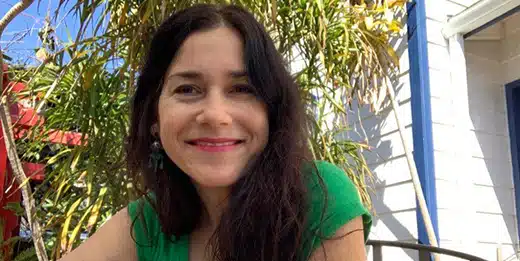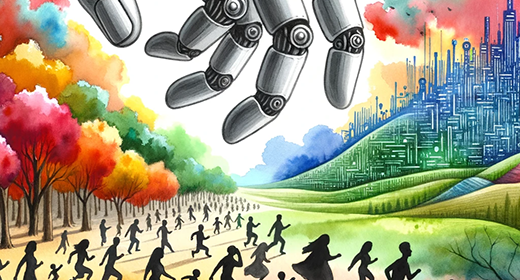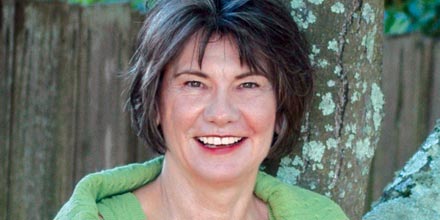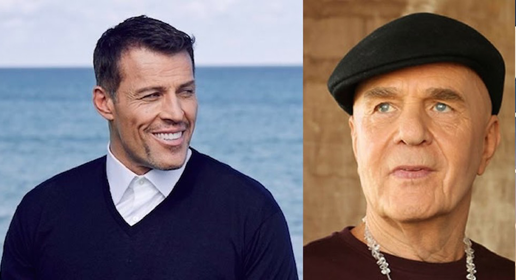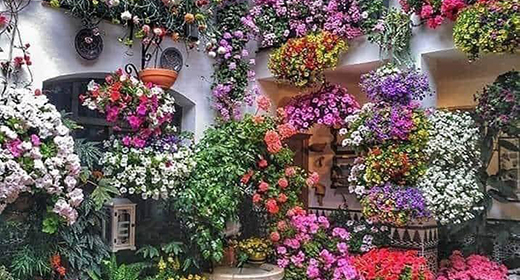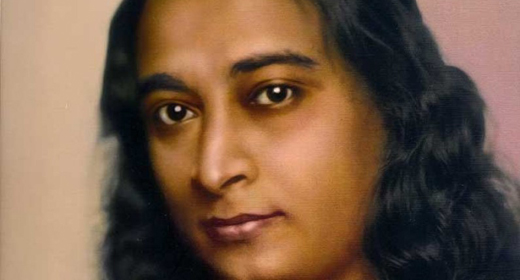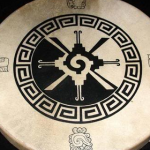by Lauren Kearney: (Interview) How did your journey start?
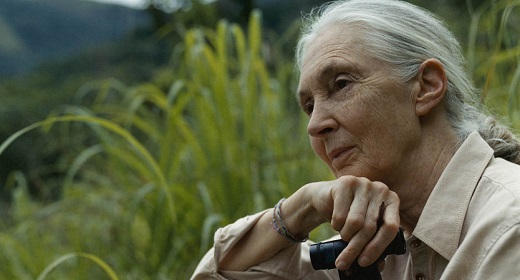
Jane Goodall: I went to a conference where all chimpanzee field researchers came together, and some from non-invasive captive research. Shocked to see how forests were being destroyed across Africa and chimpanzee numbers were plummeting due to habitat destruction, snares, and the bushmeat trade. Some live animal trade too. Also saw secretly filmed footage of chimps in lab research. Left the conference as an activist.
LK: How did you learn to be a graceful, but powerful, activist?
JG: I had a wonderful mother, who was a great example. And it is just the way I am.
LK: Animals are exploited in every possible way—for experimentation, for entertainment, for food, for fashion. Which area of animal suffering needs the most attention right now?
JG: They all need attention, and fortunately different people get inspired to take up different issues.
LK: Do you believe there is a way we can make the meat industry more ethical and humane with the ever-growing population?
JG: We have to create more and more vegetarians, and help people to understand that it is not only the suffering of the animals (which is what made me vegetarian) but also the incredible harm to the environment, the tremendous amount of greenhouse gas created by the whole vast machinery of intensive animal farming.
LK: Have you seen a great change in the state of wildlife from when you first started out?
JG: I have seen horrendous changes. Just in East Africa alone, the situation is totally different from when I first went there in 1957.
LK: Why do you think some people genuinely don’t care about our wildlife and our environment?
JG: One reason is that children don’t get outside into nature enough. Another is ignorance, lack of understanding. Some don’t want to understand. Some people actually do not like animals—hard for me to understand, but true. Many are not concerned because they feel it does not affect them, so why should they waste time caring. They do not understand the interconnectedness of life on Earth and how we are destroying our own future on the planet.
LK: What would you say to those people who have no interest in our world? Is there a way we can persuade them to change their attitude?
JG: The only way is to try to reach their hearts, and I find this works through storytelling.
LK: Do you have any advice for young activists on how they can be the most effective?
JG: Become as knowledgeable as possible. Realize that change—whilst we want it to happen fast—is usually the result of a great deal of work, and often comes as a result of a series of compromises (so long as we do not compromise our values). Never be arrogant or abrasive. Treat your opponent respectfully if they really and truly believe they are right. And, as I’ve said, you have to try and suss them out, find what matters to them, and reach the heart. And never give up.
“Animals are as deserving of a place on this planet as we are, and the difference between us is that humans have a voice they can use to help the animal cause, and it is up to all of us to use it to make a positive difference!”
LK: It’s easy for us in the Western world to care about the bushmeat trade, but what about those living in poverty in Africa who are starving to death? Why should they care and what will it take for them to understand the consequences of their actions?
JG: The Jane Goodall Institute in Africa—Congo and Tanzania—is trying not only to ensure all bushmeat hunters are tracked and punished, but also to change the attitude of people—what they eat, what they understand about the forests and wildlife, what their children care about. We work with governments so this illegal practice stops and captured chimps and other wildlife are confiscated from markets, private properties, etc. Then the chimps come to our sanctuaries, where we teach them how to survive in the wild, how to trust humans. By educating people and offering them alternative options for making money to support their families, we hope that soon enough the bushmeat trade will be stopped or at least reduced on a considerably big level.
LK: Corruption seems to be feeding the illegal wildlife trade. What politically or legally must be done to stop the illegal wildlife trade?
JG: There is a lot of corruption all over the world and not only when it comes to illegal wildlife trade! There are a few ways to ensure this stops: If there are no customers, there will be no trade. If harsher laws are put in place, less will dare to break them. The more we spread the word, the further it will go and more it will change!
LK: A lot of animal cruelty comes about through a lack of empathy towards animals. Can you explain the emotional difference between animals and human beings?
JG: I believe sharing stories and experiences is the best way to teach people to empathize! There are many people out there (me being one of them) who can vouch that animals have feelings; they feel compassion and love, as well as pain! Sometimes even children will teach their parents, via having a pet and realizing it has changed the life of everyone in the family in a unique way! I think the most important thing to do is to be willing to listen, willing to care, and willing to admit mistakes and change your ways for the better! Humans have brains that can ask higher levels of questions and react accordingly, and most animals are only directed by their instinct!
Animals are as deserving of a place on this planet as we are, and the difference between us is that humans have a voice they can use to help the animal cause, and it is up to all of us to use it to make a positive difference!

